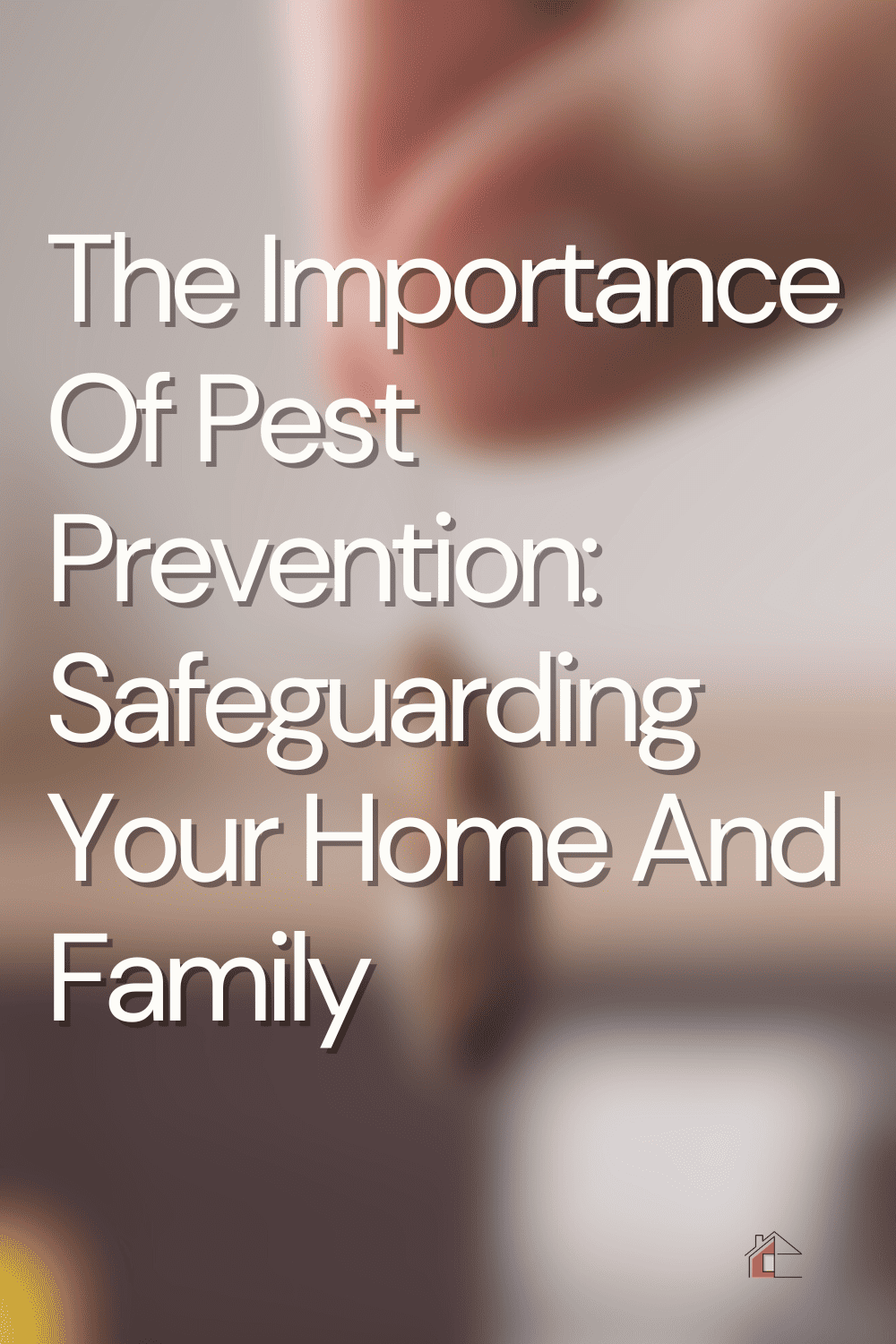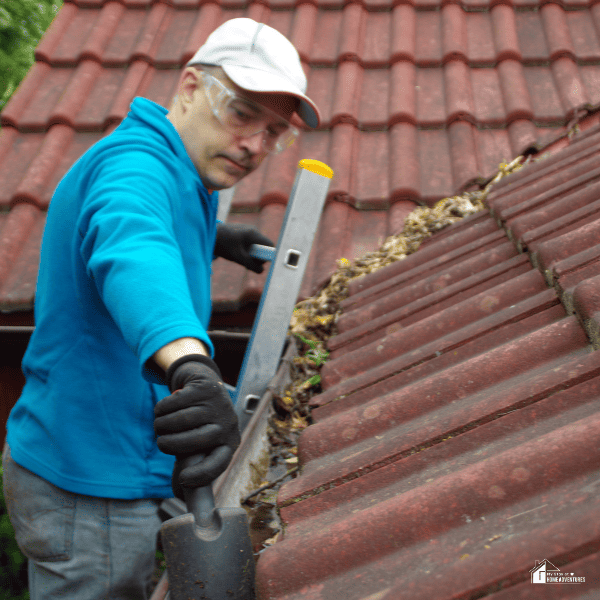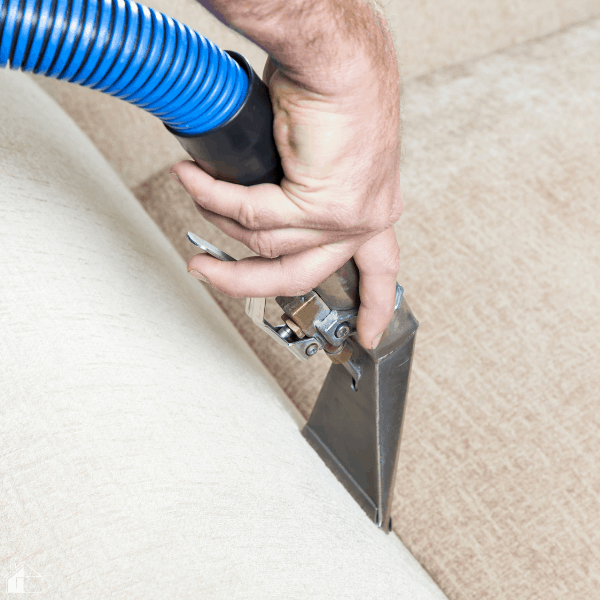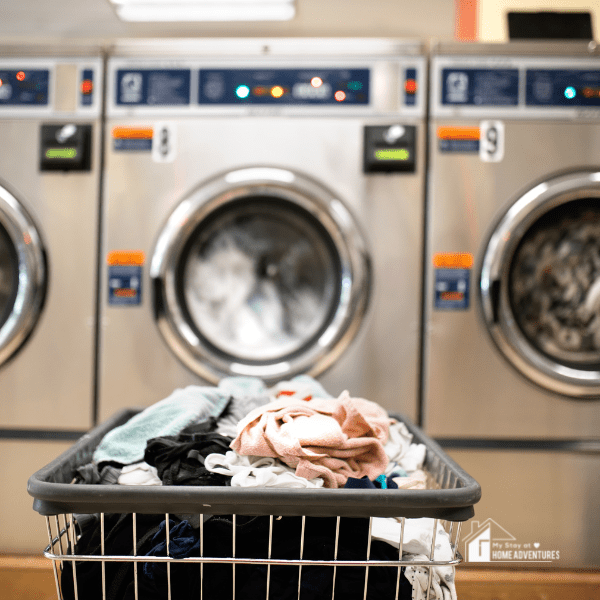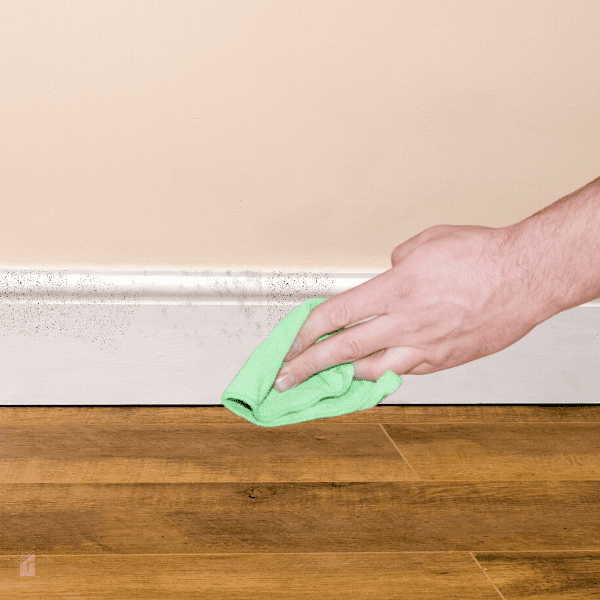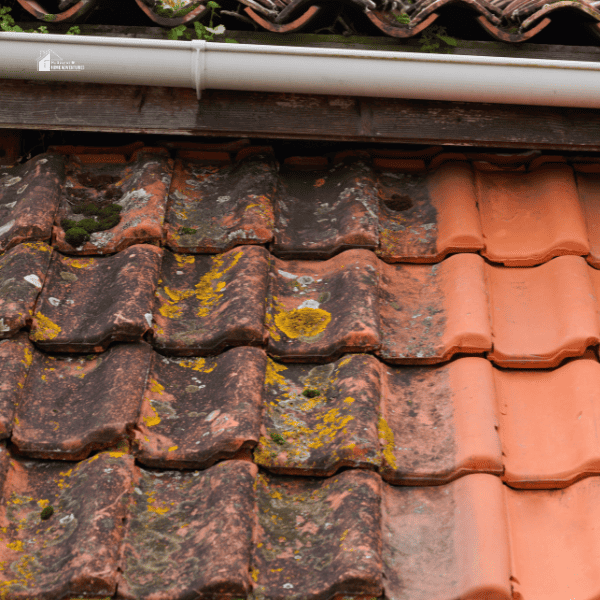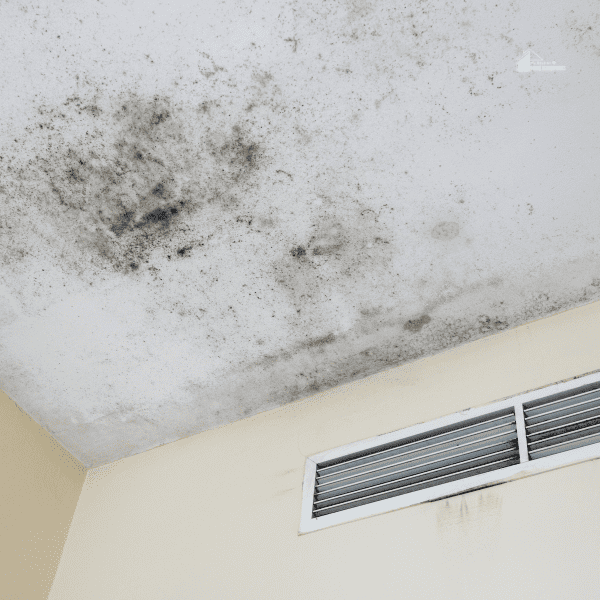The Importance Of Pest Prevention: Safeguarding Your Home And Family
This post may contain affiliate links which might earn us money. Please read my Disclosure and Privacy policies herePests can wreak havoc on a household. Not only do they pose a significant health risk, but they also can cause significant damage to the structure of a home.
It’s crucial, then, to understand the importance of pest prevention.
Safeguarding your home and family from the potential risks associated with pests involves a multifaceted approach that includes professional pest services, personal preventative measures, and a strong understanding of the ecological implications of pests.

Harnessing The Power Of Professional Pest Services
Professional pest services play a vital role in effective pest prevention.
While some homeowners may attempt to tackle the problem independently, this often leads to incomplete solutions and continued pest infestations.
On the other hand, professional services come equipped with the knowledge, tools, and strategies to effectively eliminate pests and prevent future infestations.
You might enjoy these posts:
- Common Kitchen Pests: Identifying and Preventing Infestations
- 6 Tips for Controlling Pests in and Around Your Home
Hiring The Right Pest Control Services
Embarking on the journey to hire professional pest services can be daunting, primarily because there's a lot at stake.
Your home, your sanctuary, has been invaded by unwelcome guests. To reclaim it, you need to hire pest control professionals who are both competent and trustworthy.
Look for licensed, insured professionals who have good reviews from previous customers.
They should be able to provide a comprehensive pest control plan after inspecting your home, indicating that they understand the extent of the problem and how best to handle it.
Ask them about their pest prevention strategies, which can indicate their understanding of pest lifecycles and behaviors.
It’s also worth inquiring about their long-term pest management approach. This will usually include regular inspections and preventative treatments.
Ensure their methods are safe for both humans and pets, using environmentally-friendly products when possible.
Advantages Of Professional Pest Control
Professional pest services offer a range of benefits that can't be achieved through DIY pest control methods.
Firstly, they understand various pests, their behaviors, and how best to eliminate them.
This expert knowledge allows them to implement highly effective strategies, limiting the chance of re-infestation.
Moreover, professional services also prioritize prevention.
While their immediate goal is to rid your home of the existing pest problem, they also ensure pests don't return.
This is achieved through regular inspections and treatments, which is a key aspect of maintaining a pest-free home.
Finally, professional pest services save you time and reduce the stress of dealing with a pest infestation.
They take over the pest control responsibility, leaving you free to focus on other aspects of your home and life.
Safety Measures In Professional Pest Control
Safety is paramount when dealing with pests and potentially harmful chemicals.
Professional pest control services take several measures to ensure your and your family's safety.
They are trained in the proper handling and application of treatments, ensuring minimal risk of exposure.
They also understand that different pests require different treatments. Using the wrong treatment can be ineffective and potentially dangerous.
Professionals ensure that the correct treatment is used for each pest, minimizing potential harm to your family and pets.
Undertaking Personal Preventive Measures
Even though professional pest services are a crucial part of maintaining a pest-free home, it's equally important for homeowners to undertake personal preventative measures.
These daily habits and home maintenance tasks help deter pests and limit their access to your home.
Keeping Your Home Clean
A clean home is less inviting to pests. Regularly cleaning your kitchen and ensuring food is stored properly and waste is disposed of promptly can significantly reduce the risk of a pest infestation.
This is particularly true for pests like ants and cockroaches that are attracted to food and water sources.
Home Maintenance And Repairs
Regular home maintenance is another essential preventive measure.
Sealing any cracks or gaps in walls, windows, and doors can prevent pests from entering your home.
Regularly checking and repairing any damage to your home's structure, including the roof and foundation, can also deter pests.
Landscaping And Outdoor Maintenance
Pests often inhabit outdoor areas before moving into your home.
Regularly maintaining your yard, garden, and any other outdoor spaces can help prevent this.
This includes trimming overgrown plants, removing stagnant water, and regularly cleaning outdoor furniture and structures.
Understanding The Ecological Implications Of Pests
Finally, understanding the ecological implications of pests is vital.
This helps homeowners understand why pests might be attracted to their homes and how their actions can affect local ecosystems.
The Role Of Pests In Ecosystems
While pests can be a nuisance in the home, they often play crucial roles in their natural ecosystems.
For example, insects like bees are vital pollinators, while rats and other rodents can help to break down and recycle nutrients.
Pests As Indicators Of Bigger Problems
Pest infestations can sometimes indicate larger problems.
For example, a termite infestation might indicate that there's rotting wood somewhere in your home, while an increase in mosquito activity could suggest that there's stagnant water nearby.
The Impact Of Pest Control On The Environment
Pest control methods can have a significant impact on the environment. It's crucial to consider the environmental impact of different pest control methods.
Some chemicals used in pest control can be harmful to non-target species and can have long-term effects on the environment.
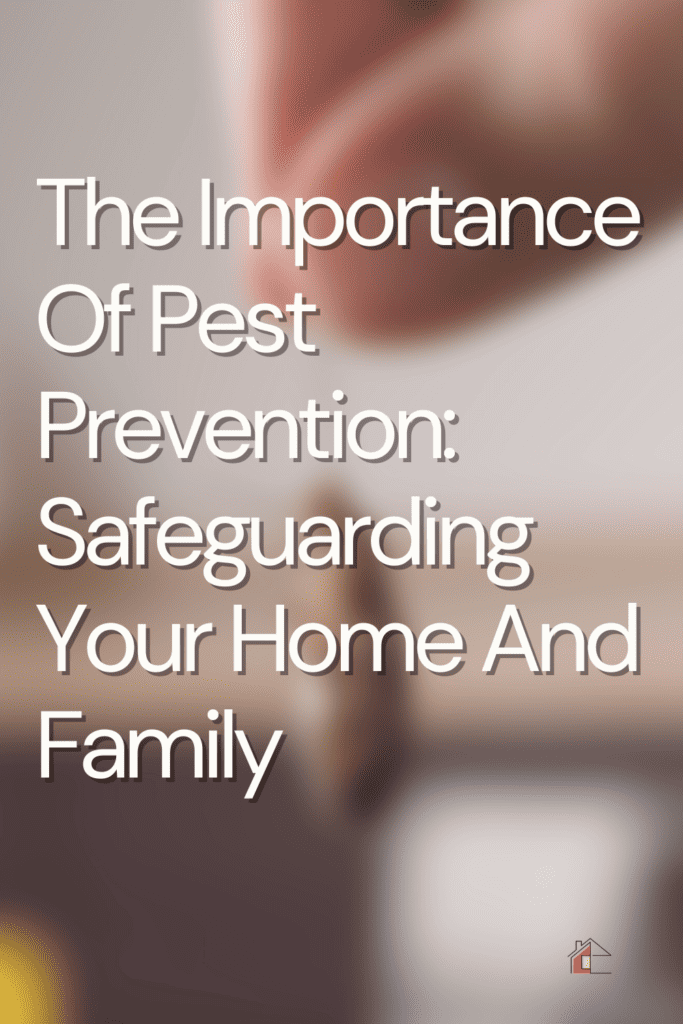
Key Takeaway
In summary, the importance of pest prevention cannot be understated. It safeguards your home and family from the detrimental health and structural threats posed by various pests.
Given the complexity and persistence of pests, employing professional pest services is essential.
The advantages of professional pest control, including their in-depth understanding of pest behaviors, comprehensive pest management strategies, and emphasis on safety, all contribute to an effective and stress-free solution for homeowners.
However, the role of the homeowner in pest prevention is equally significant.
Through keeping a clean home, performing regular home maintenance, and observing outdoor upkeep, you can significantly decrease the attractiveness of your home to pests, thus playing a crucial role in pest prevention.
Understanding that pests often move from outdoors to indoors underscores the importance of these preventative measures.
It's also essential to appreciate the ecological implications of pests.
While they can cause significant problems within our homes, many pests serve crucial roles in their natural ecosystems.
Understanding this fact adds another dimension to our pest prevention strategies.
Furthermore, the presence of pests can often be an indicator of more significant environmental or structural problems, providing homeowners with the opportunity to address these issues before they escalate.
Lastly, every homeowner must be cognizant of the potential environmental impacts of pest control.
The methods and chemicals used can have implications for the broader ecosystem.
Therefore, we are responsible for seeking out pest control options that are effective and environmentally friendly, ensuring that we protect our homes without causing undue harm to the environment.
In essence, pest prevention is a critical, continuous task that requires a concerted effort from both professional services and homeowners.
While the process may seem daunting, the rewards—a safe, pest-free home—are undeniably worth the effort.
Understanding the role of pests in our homes and the environment provides us with the tools and knowledge to approach pest prevention in a comprehensive, responsible, and ultimately successful way.

